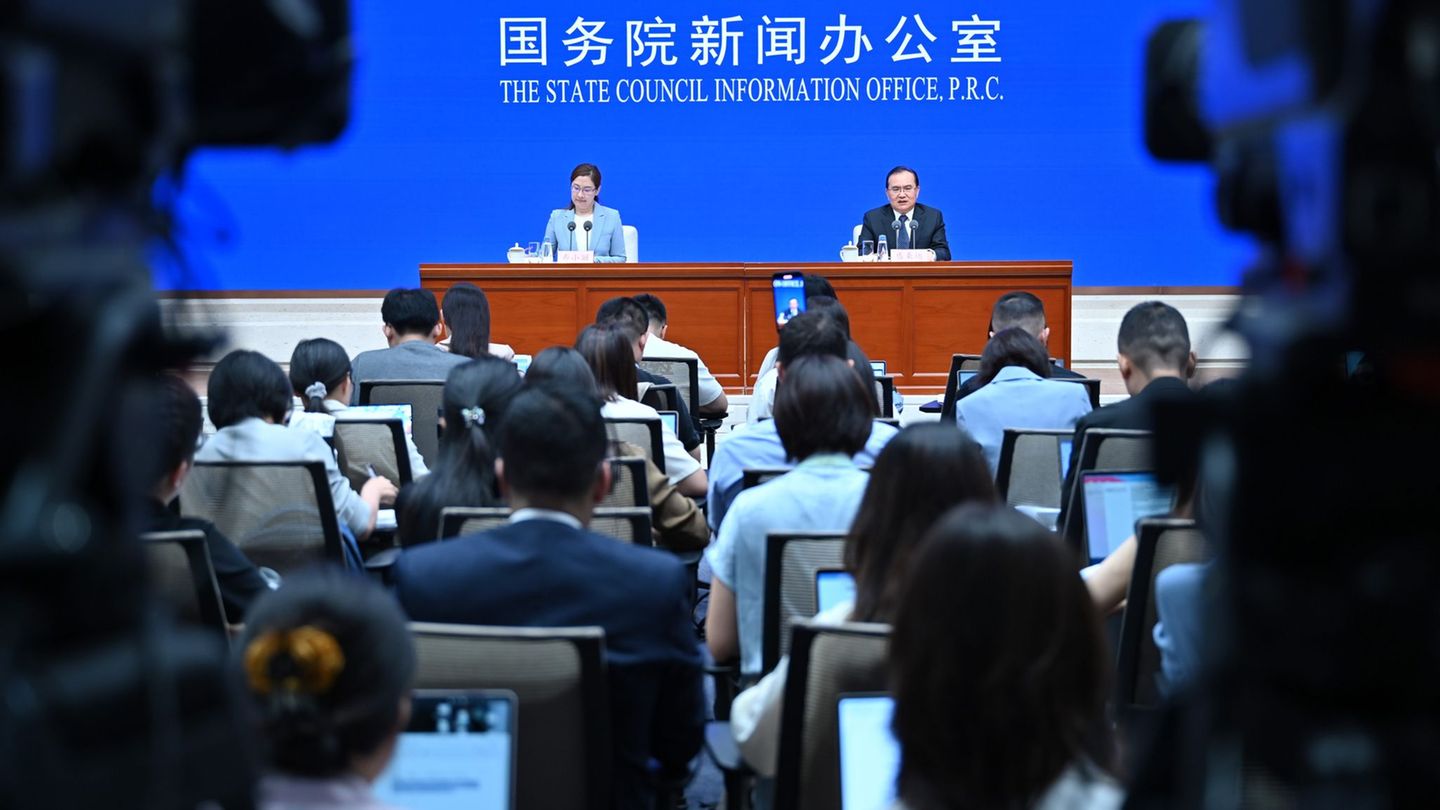Measures under study
On the one hand, the AFIP will focus on three taxes: VAT, Profits and Personal Assets. “We are going to look at the wealth tax, it cannot be that there are 1.3 million registered in Personal propertyIt’s very little,” said an official source. In response to the consultation on the future of the real estate revaluationone of the points in which the Government committed to the IMF, from AFIP they explained that it is an issue that “each province” must resolve.
In addition, there could be more collection of Personal Assets for the discovery of undeclared accounts in the United States. Although the automatic information agreement implies that data will begin to be received in 2024, and the money laundering bill sleeps in Congress, the AFIP advances with “en bloc” requests for information. According to the agency, the United States Treasury accepted that instead of placing orders “one by one”, as established in the current agreement, Argentina will be able to send a batch of about 300 Argentine CUITs, to cross data. The answer could come in less than a month.
With respect to Profits, the focus will be on large companies, which are formed under a “pool” of firms. According to a special report prepared by AFIP, there are companies that pay between 4 and 6%, with cases of 2%. The Government wants more to be collected from the profits of the companies, since it ensures that currently what is collected between company profits, property sales and the fourth category, that is, workers under a dependency relationship, is almost proportional. .
In the case of VAT, they will put more focus on the payment of VAT by companies, as they commented. 15 days ago they created a perception of 3% for trade between companies, which will come into effect in April. Meanwhile, they are working on a billing code to achieve product traceability. With the so-called “fiscal monitoring program” they will instantly control the VAT and Profit affidavits of legal entities.
Finally, AFIP sources stressed that they will set their sights on the mining and fishing sectors, due to the “evasion that exists in various taxes, not only VAT”, they commented. The regulations will be published in the coming days. It should be noted that all the measures studied by AFIP They will come out by resolution and should not go through Congress.
In the case of mining, there are million-dollar complaints for cases of under-invoicing of exports and transfer pricing, while on the side of the companies they denounce delays in tax refunds posed by the mining investment law. In the case of fishing, the magnifying glass will be on the informality of labor registration, something that does not happen in mining.
Collection panorama
In January, revenue fell again in real terms by 3.2% year-on-year, but 0.4% in the monthly comparison, due to social security income, which in January includes bonuses, according to Econviews. All the consultants highlight that the drop in collection is explained above all by the collapse of taxes linked to foreign trade: export duties had a real drop of 29% at constant prices, due to the drop in volume due to the drought, and the early settlement in December for the soybean dollar. Import duties also had a real fall of 17.6% due to “import restrictions and the slowdown in activity,” according to Econviews.
Forward, the fundraising outlook is not encouraging, highlighted Miguel Kiguel’s consultant, due to lower wheat exports due to the drought, no soybean dollar and with an activity “regressing slightly”. Therefore, the Government will face a dilemma, to “adjust spending to meet the goal or increase it to prop up consumption ahead of the elections.”
In any case, the Center for Political Economy (STRAIN) stressed that, although March quarterly fiscal target with IMF could prove “more difficult” to meet, also highlighted another data related to the floating debt, which implied a disbursement of $350 billion in January, after the increase in December. “The result, without considering the retraction in said item, would imply a surplus of $100 billion,” he said in his tax report.
Still, the consultant Invecq He calculated that if January export earnings had been “normal”, the same with capital expenditures, the imbalance would be reduced “at most” to $150 billion. “It continues to be a striking result for January, which seasonally is a month of surplus. Even the years that have ended with large imbalances, such as 2015, had shown a fiscal surplus in the first month of the year,” the consultant highlighted.
Source: Ambito




